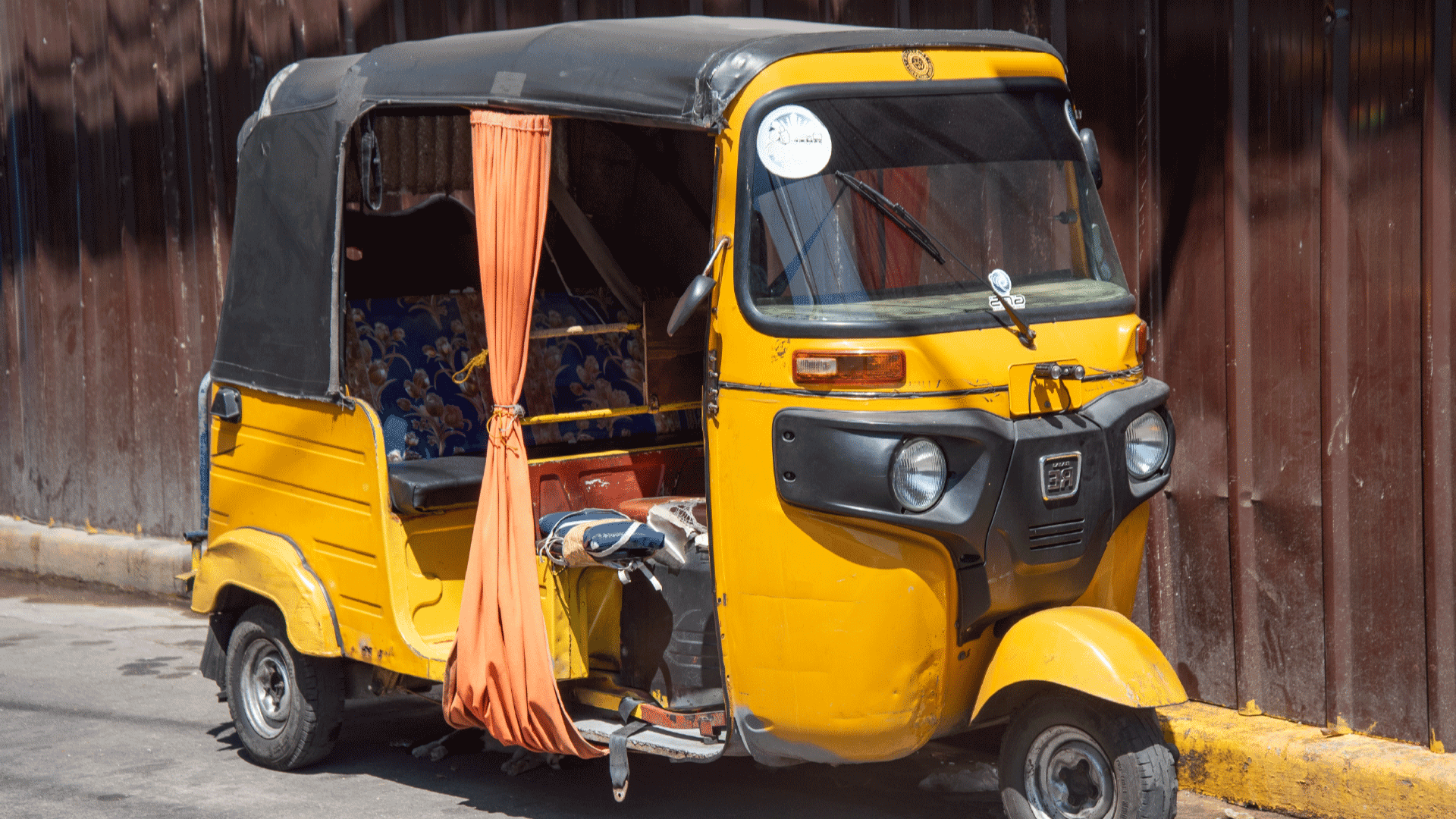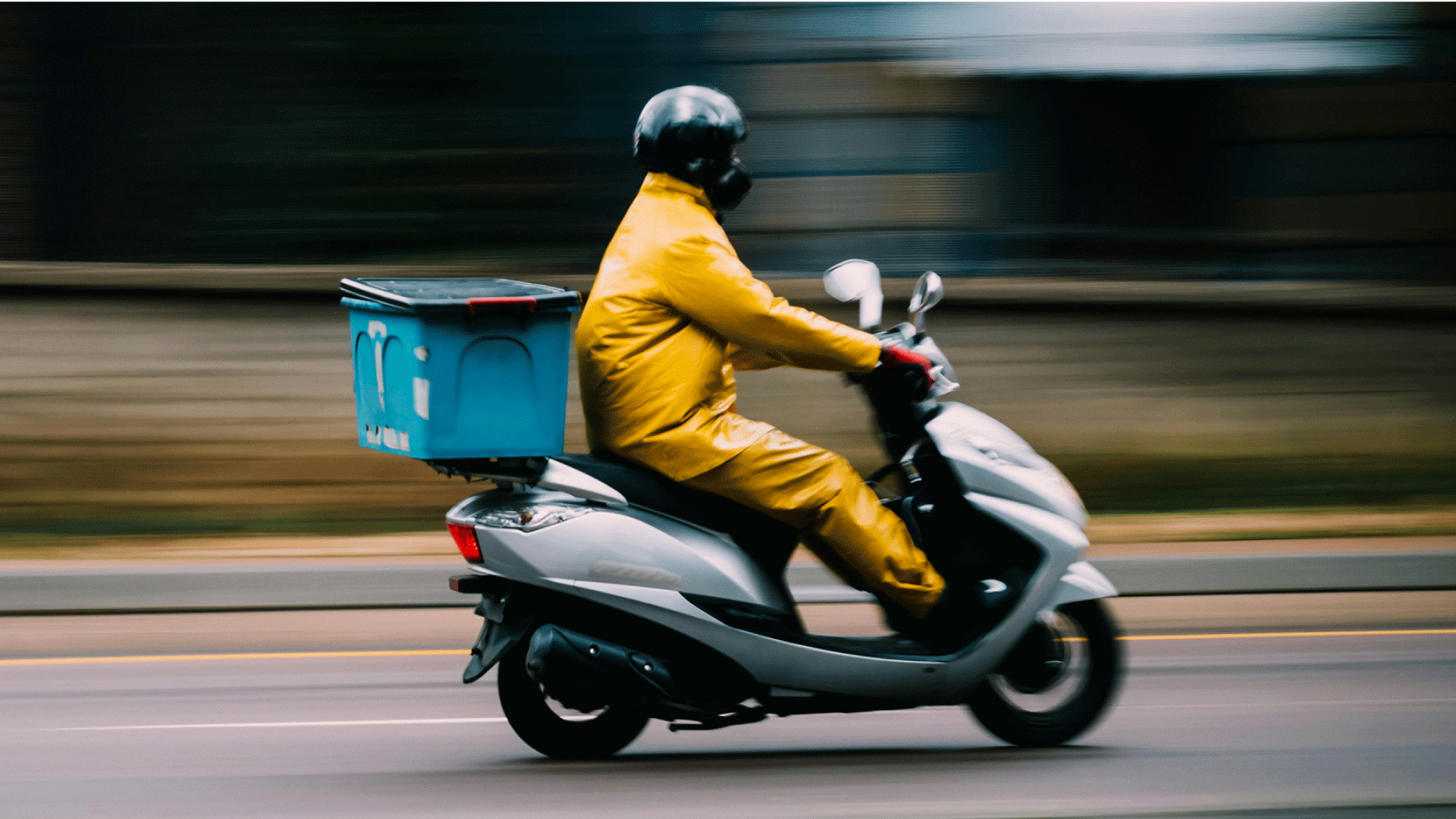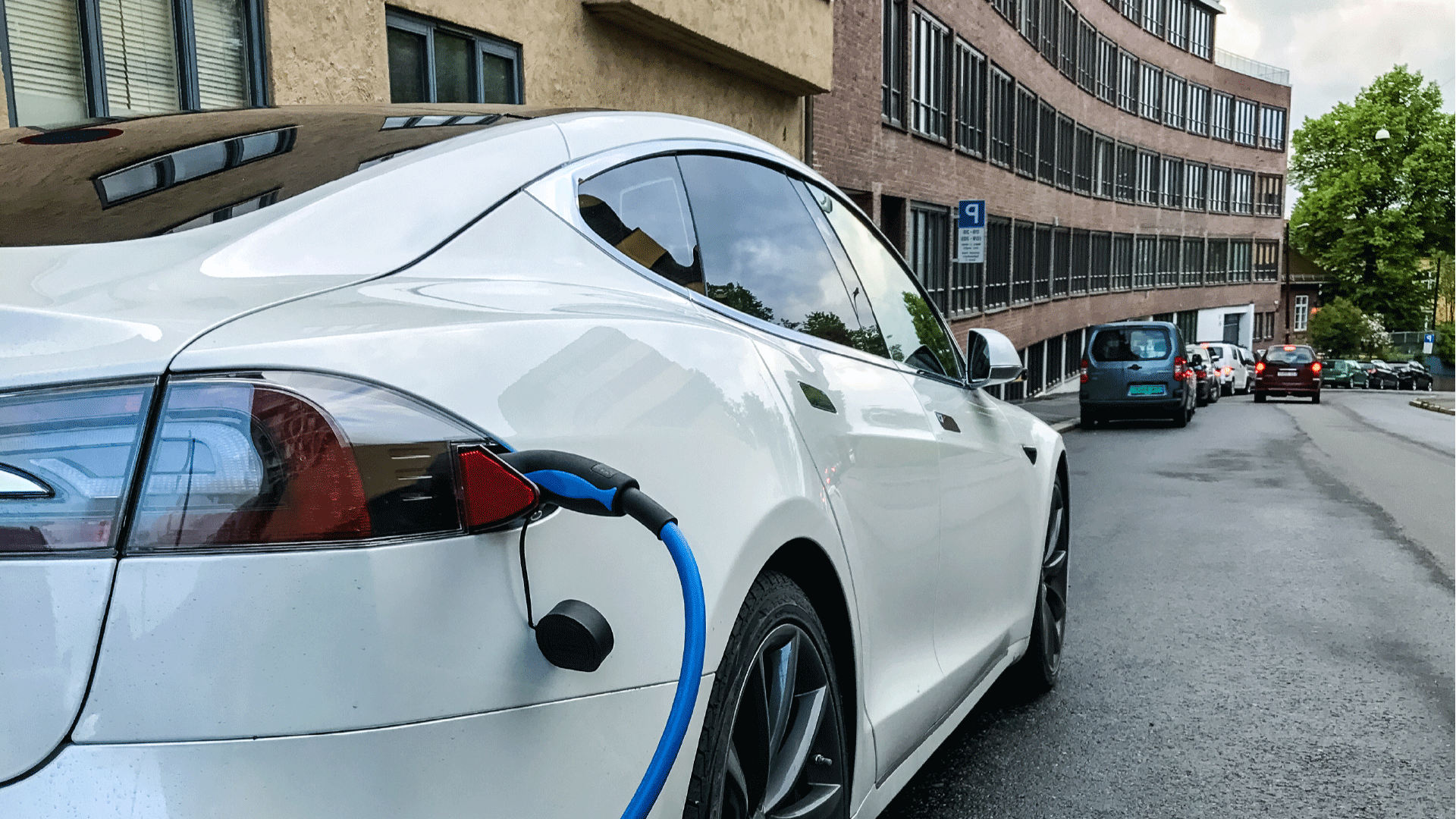How Decentralization Can Help the Philippines Beat Plastic Pollution
This World Environment Day, 1882 Energy Ventures reflects on how decentralization can drive real change.
Every year, World Environment Day calls attention to urgent issues facing our planet. For 2025, the spotlight is on something deeply familiar yet systemically misunderstood: plastic pollution.
While many conversations still focus on consumer behavior—bring your own bag, reuse your cup, skip the straw—experts and evidence are clear: awareness alone won't fix the problem. Especially in places like the Philippines, where the plastic crisis is a direct result of structural challenges rooted in poverty, poor waste infrastructure, and limited consumer choice.
The Bigger Picture: How Plastic Became a Systemic Crisis
According to the UN Environment Programme (UNEP), plastic pollution stems from the failures of a linear, wasteful global economy. “System change is required to address the causes of plastic pollution,” UNEP writes in its 2023 report Turning Off the Tap, emphasizing the need for reuse systems, recycling infrastructure, and policy reform to drive meaningful progress.
This couldn’t be more urgent for countries like the Philippines, which is among the top contributors to marine plastic waste globally. A 2021 study by the Ocean Cleanup and CSIRO found that the Pasig River alone is the world’s top source of plastic emissions into the ocean, dumping more than 63,000 metric tons per year.

The Role of Poverty and “Tingi” Culture
Plastic remains prevalent in low-income economies because it’s cheap, accessible, and durable. In the Philippines, where over 18 million people live below the poverty line, buying food or toiletries in “tingi” (small, low-cost sachets) is often the only viable choice. Unfortunately, these sachets are non-recyclable and nearly impossible to recover at scale.
As noted in a Plastic Bank assessment, the highest contributors to ocean plastic waste are concentrated in developing nations across Asia, where “smaller land areas, long coastlines, heavy rainfall, and poor waste systems” combine to create a perfect storm. But the core issue isn't individual behavior—it's systemic inaccessibility to better options.
This “blame the consumer” mindset fails to acknowledge that many people simply don’t have alternatives. Without affordable bulk purchasing, product refill options, or corporate responsibility for packaging, the burden unfairly falls on those who can least afford it.
The Local Reality: What We’re Up Against
The Philippines generates 2.7 million metric tons of plastic waste every year, according to a 2021 World Bank report. Of this, only about 28% is collected for recycling. The rest ends up in dumpsites, waterways, or the ocean, contributing to both local pollution and global climate risk.
What’s more, despite mandates under the Ecological Solid Waste Management Act (RA 9003), an estimated 61% of barangays across the Philippines still lack basic waste collection services and facilities. According to a 2025 report by Eco-Business, only 39% of the country’s 42,000 barangays have functioning materials recovery facilities (MRFs) and door-to-door collection systems as required by law.
Local government units often face significant constraints: limited funding, insufficient infrastructure, and a lack of technical capacity make it difficult to manage the sheer volume of plastic that enters the waste stream daily.
For many communities, the absence of collection or recovery options means that open burning or illegal dumping becomes the default. Even in cities, efforts to recycle are often thwarted by contaminated waste streams and an underfunded informal collection network—despite the critical role informal workers play in capturing value from discarded materials.

What Needs to Change
UNEP outlines three essential pillars for solving the plastic crisis: reuse, recycle, and reorient. That means investing in scalable reuse systems (like bulk-buying and refill schemes), improving collection and recycling, and shifting industries toward biodegradable or circular alternatives.
But this shift can’t happen in a vacuum. It must be supported by inclusive economic systems that allow low-income families to participate rather than penalizing them for plastic use while leaving no real choice.
In the Philippines, the Extended Producer Responsibility (EPR) Act of 2022 (Republic Act No. 11898) mandates large companies to recover a growing percentage of the plastic packaging they produce. But implementation is still in its early stages. For EPR to make a meaningful dent in plastic waste, it must be paired with accessible alternatives for consumers, government subsidies for sustainable packaging, and structural support for the informal waste sector, which continues to play an outsized role in collecting and sorting plastic waste .
Rather than treating these collectors as liabilities, we need to recognize them as frontliners in the solution—partners in a larger shift toward a circular economy.

What We’re Doing at 1882
At 1882 Energy Ventures, we don’t work directly in waste management. But we are building systems that address the same underlying problem: centralized, extractive infrastructures that don’t work for ordinary people.
Through ventures like Solviva, we offer solar energy systems that reduce dependence on unstable grid power (often powered by fossil fuels) and empower homeowners to take control of their consumption. Our upcoming mobility venture, Voltai, does something similar: providing a lower-emissions, cost-efficient transport option to B2B customers in logistics and delivery.
Both are examples of what it means to build people-powered systems—ones that prioritize accessibility, decentralization, and long-term sustainability.
And we’re not alone.
- In Quezon City, the local government recently began installing solar panels on 50 public schools, turning idle rooftops into energy sources that lower costs, build climate resilience, and show what public-private collaboration can do when aligned with community needs.
- In Eastern Indonesia, community-based renewable energy projects (like off-grid solar mini-grids) are helping electrify remote villages through local partnerships and capacity-building. These decentralized solutions not only increase access to clean energy but also improve livelihoods by powering businesses, cold storage, and communication tools. The success of these efforts highlights how inclusive, locally anchored infrastructure can fill critical gaps left by national grids.
- In Bangkok, Thai startup MuvMi has deployed a fleet of electric tuk-tuks that serve over a dozen neighborhoods with affordable, app-based rides. Supported by a 2.4 billion Thai Baht financing deal between ADB and Banpu NEXT, this initiative aims to accelerate clean mobility while creating a greener urban transport network for local communities.
By making solar and EV technologies affordable, localized, and scalable, we’re helping shape a future where people don’t just adapt to climate challenges, but actively reshape the systems causing them.
We may not be a community non-profit, but in 1882, our ventures are built with a clear purpose: to challenge systems that no longer serve everyday people.
Whether it's plastic, power, or mobility, one pattern keeps showing up: communities are often left paying the most for services that deliver the least, with limited options to change things.
That’s the gap we’re working to close by building accessible, future-ready solutions that put people back in control.

The Real Call to Action
This year’s World Environment Day theme is Beat Plastic Pollution. But here’s the truth: we’re not going to beat it through awareness campaigns alone. Or by guilting low-income households into cutting consumption without giving them alternatives.
We’ll beat it by building the systems that make the better option the easier one.
That means investing in waste collection. Supporting circular economies. Creating jobs in sustainable industries. Pushing policies that reward climate resilience and local innovation. And yes, backing ventures that don’t just profit from a crisis but try to solve it.
We don’t claim to have all the answers in 1882.
But we’re committed to asking better questions.
Not: “Why don’t people use less plastic?”
But: “Why isn’t the better choice the default yet?”
We’ll keep building toward a future that’s less centralized, less wasteful, and more fair—not just in energy, but in how we live, work, and consume.
Because plastic is a symptom.
And we’re here to tackle the root.







